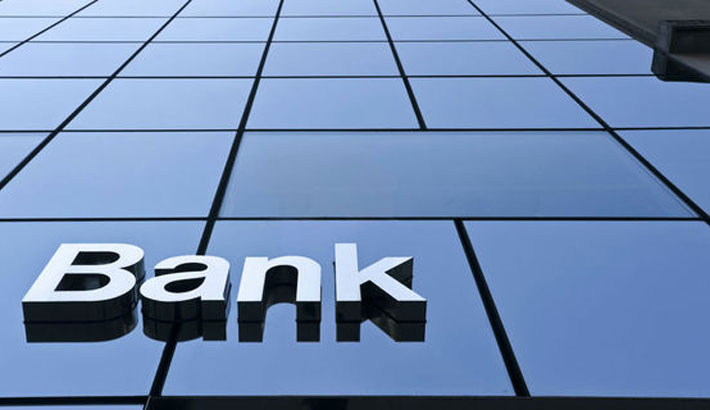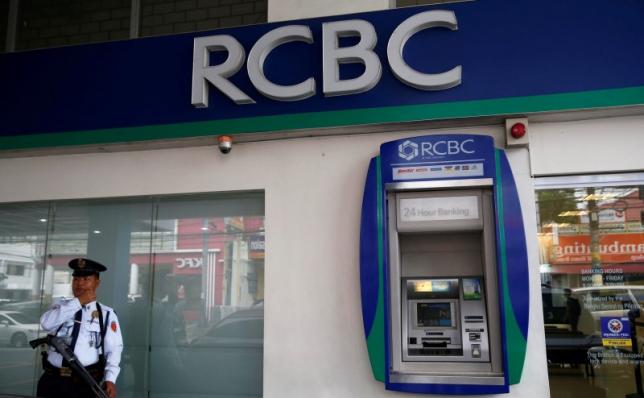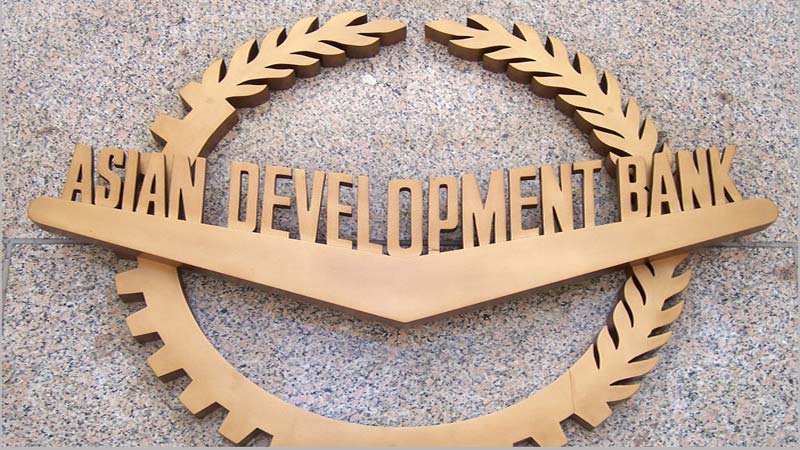Banking
Bank to have 4 directors from same family

The government on Monday approved the amendments to a law allowing four members of the same family to sit on the board of a commercial bank.
The amended law will also allow the directors of commercial banks to serve for three consecutive terms of three years each.
The seal of approval was given to the Bank Company (Amendment) Act 2017 at the regular weekly cabinet meeting with Prime Minister Sheikh Hasina in the chair.
Former adviser to a caretaker government Dr AB Mirza Azizul Islam said the provisions in the law would have a negative impact on the banking sector.
“This will go against the good governance in the banking sector,” he told the daily sun, adding that the government might have taken the move in the face of pressure from business people.
Former Bangladesh Bank deputy governor Khandker Mohammad Ibrahim Khaled told daily sun that the law would turn the banks into family concerns.
“If the same person holds a position for nine long years, it might make the person develop a strong personal interest in the bank. It will be harmful to the banking sector,” he said.
Emerging from the cabinet meeting, Cabinet Secretary Shafiul Alam told reporters that the amended law would allow a director to hold the office for three consecutive three-year terms.
He said the amendment also proposed that four members of a family instead of existing two can be inducted in the board of directors of a bank at a time.
“A director may be re-appointed for another three-consecutive term after a three-year break,” the cabinet secretary said, adding that there is no obstacle in the law to hold the post after a break.
He said the existing law allows commercial bank directors to hold the office for six years—two consecutive three-year terms.
The same individual becomes eligible to hold the post for another three-year term with a three-year break.
“The amendment entails that a director of any bank will not be able to remain in office after nine years. The individual may again hold the post after a three-year break,”
Alam said. Responding to a question regarding four directors from the same family, he claimed that the impacts could be both positive and negative.
“If the people with good intentions handle the banks, it will be good,” he said.
Responding to another question whether the new provisions would encourage irregularities, the cabinet secretary said, ‘Let’s see what happens in future.”
He also said it was the demand of the owners to amend the law to enhance the opportunities for directors.
“As the same family makes the investment, they have a passion for it. The owners argued that those who invest in a bank at the beginning as directors loose their position after some years. So they demanded the role of founding directors,” he said.
The amended law also made the approval from the central bank mandatory to the nominations of the director, managing director or chief executive officer (CEO) of commercial banks.
news:daily sun/9-may-2017
homeFront Page SME funds for women still missing target SME funds for women still missing target

Banks are not disbursing minimum 15 percent of the SME loans to women entrepreneurs as directed by the central bank.
According to banking sources, the loans being provided to women entrepreneurs would be hardly 8 percent of the total SME loan disbursement.
Several women entrepreneurs alleged that banks show little interest in funding their business ventures. They also alleged that financial institutions charge them interest higher than the central bank-fixed single-digit rate for the small and medium-sized enterprises (SMEs).
Bankers, however, blame women loanees for the low rate of fund disbursement to them.
They said many women borrowers diverting the SME loans or transferring businesses to friends and families have appeared as deterrent to the fulfilment of the target set by Bangladesh Bank.
Bangladeshi Bank sent letters to top executives of the commercial banks earlier this month cautioning them against realising higher-than-authorised interest rate from SMEs.
The letter signed by SME and Special Programme Unit General Manager Swapan Kumer Roy said the banks cannot charge SME entrepreneurs more than 9 percent, including bank charge.
The letter also reminded the banks of the central bank instruction to disburse at least 15 percent of total SME loans to women.
Bangladesh Women Chamber of Commerce and Industry (BWCCI) President Selima Ahmad told the daily sun that banks show a little interest in issuing loans to businesses owned by women.
According to the women-only chamber, around 24,000 female entrepreneurs are currently doing businesses across the country, of which over 800 are directly connected to the chamber.
Selima said women entrepreneurs have proven that they can run businesses and organisations in addition to looking after family affairs.
The women business leader also noted that the ceiling of loan for women should be increased from Tk 25 lakh to 1 crore as the production cost is increasing.
Talking about the issue of loan disbursement to women, Syed Mahbubur Rahman, Chief Executive Officer of Dhaka Bank, said: “Banks are following the central bank regulation.”
“However, in our inspection, we found many cases of channelling funds received by woman entrepreneurs to their husbands or brothers.
The reality of women entrepreneurship ends here.
As a result, some banks run additional inquiries before disbursing loans to women,” he added.
news:daily sun/9-may-2017Md. Habibur Rahman, Managing Director of Al-Arafah Islami Bank Ltd, inaugurating its142nd branch at College Road, Magura on Monday. Abdul Malek Mollah, Director of the bank presided.
 Md. Habibur Rahman, Managing Director of Al-Arafah Islami Bank Ltd, inaugurating its142nd branch at College Road, Magura on Monday. Abdul Malek Mollah, Director of the bank presided.
Md. Habibur Rahman, Managing Director of Al-Arafah Islami Bank Ltd, inaugurating its142nd branch at College Road, Magura on Monday. Abdul Malek Mollah, Director of the bank presided.
Philippines will need new laws to return BB heist money

ADB plans to ‘double its lending to Bangladesh’

The Asian Development Bank (ADB) is planning to almost double its loan size to $1.8-$2 billion for Bangladesh this year as its economy is growing fast to be the East and East Asia's 'success model', reports UNB.
"Bangladesh is really an 'emerging economy' if you see at its Forex reserves this year. We're negotiating with the government for providing loans ranging from $1.8-$2 billion which is almost twice than the last year," said Director General of ADB's South Asia Department Hun Kim yesterday.
Hun Kim was responding to a volley of questions from a group of journalists on the last day of the 50th Annual Meeting of the Board of Governors of ADB held at the Pacifico Yokohama Conference Center. Deputy Director General for ADB's South Asia Department Diwesh N Sharan was also present there.
The DG said the ADB itself will provide $650 million for a single project on power transmission and distribution in Bangladesh alongside continuing its assistance for railway and road connectivity taking up the overall assistance to over a billion dollar.
"As far as we're concerned, Bangladesh is doing right in terms of economic policy and implementation because we're focusing more on manufacturing and export orientation," Hun said.
Responding to a question from a Bangladeshi wire service journalist, Hun said his growth projection about Bangladesh is the longer run one. "I wouldn't say about any certain point. But, I think, Bangladesh should continue 7 per cent (GDP growth)."
About ADB's this year's commitment, he said, "Last year, the ADB's assistance to Bangladesh amounted to $1.1 billion, and there is going to be a big jump this year with $1.8 billion."
Turning to Bangladesh's power and energy sector, Hun Kim said there is still a lot to work on operation-based generation capacity, transmission lines alongside boosting the road connectivity.
Hun, however, pinpointed that Bangladesh is rather weak in mobilising Foreign Direct Investment (FDI) as the FDI flow is very small to the country which accounts only less than one per cent of its total GDP size. He said Bangladesh alongside Sri Lanka has been the biggest beneficiary of capital increase over the years and the annual lending to Bangladesh used to be around $1 billion per year. "But, I believe, it can easily go up to $ 2 billion. So, this year, we're almost approaching that level, based on the project readiness, we can make that commitment."
Hun said they see three major initiatives in Bangladesh and one is transport logistics as Bangladesh is becoming a regional hub and the second one is energy security.
"And the last major initiative is to develop the manufacturing growth center. If these three things are combined and aligned, I think, Bangladesh can continue 7-8 per cent growth that the East Asia achieve. Bangladesh, I think, is close to the East and East Asia's success model at this stage."
Talking about the high-quality labour force potential in Bangladesh, he cited that upgrading skills of the manpower and the workforce could be the ultimate challenge before the country.
Asked about the status of the private sector lending by the ADB, he said the lending agency is negotiating a deal with the government in the transport sector to promote Public Private Partnership (PPP) since opportunities are there.
Bangladesh joined ADB in 1973. As of December 31, 2016, ADB's cumulative lending to Bangladesh stood at $18.3 billion for 269 loans, $252.4 million for 422 technical assistance projects, and $787.10 million for 35 grants.
As of 31 March 2017, ADB's projects under implementation for Bangladesh comprised 90 loans and grants amounting to $7.6 billion; and 32 technical assistance projects amounting at $28.58 million.
ADB focuses its support to Bangladesh in six sectors- energy; transport; water and other urban/municipal infrastructure and services; education; finance; and agriculture, natural resources, and rural development. In 2016, ADB approved 10 projects for Bangladesh, with loans totaling $1.1 billion and technical assistance of $7.85 million.



